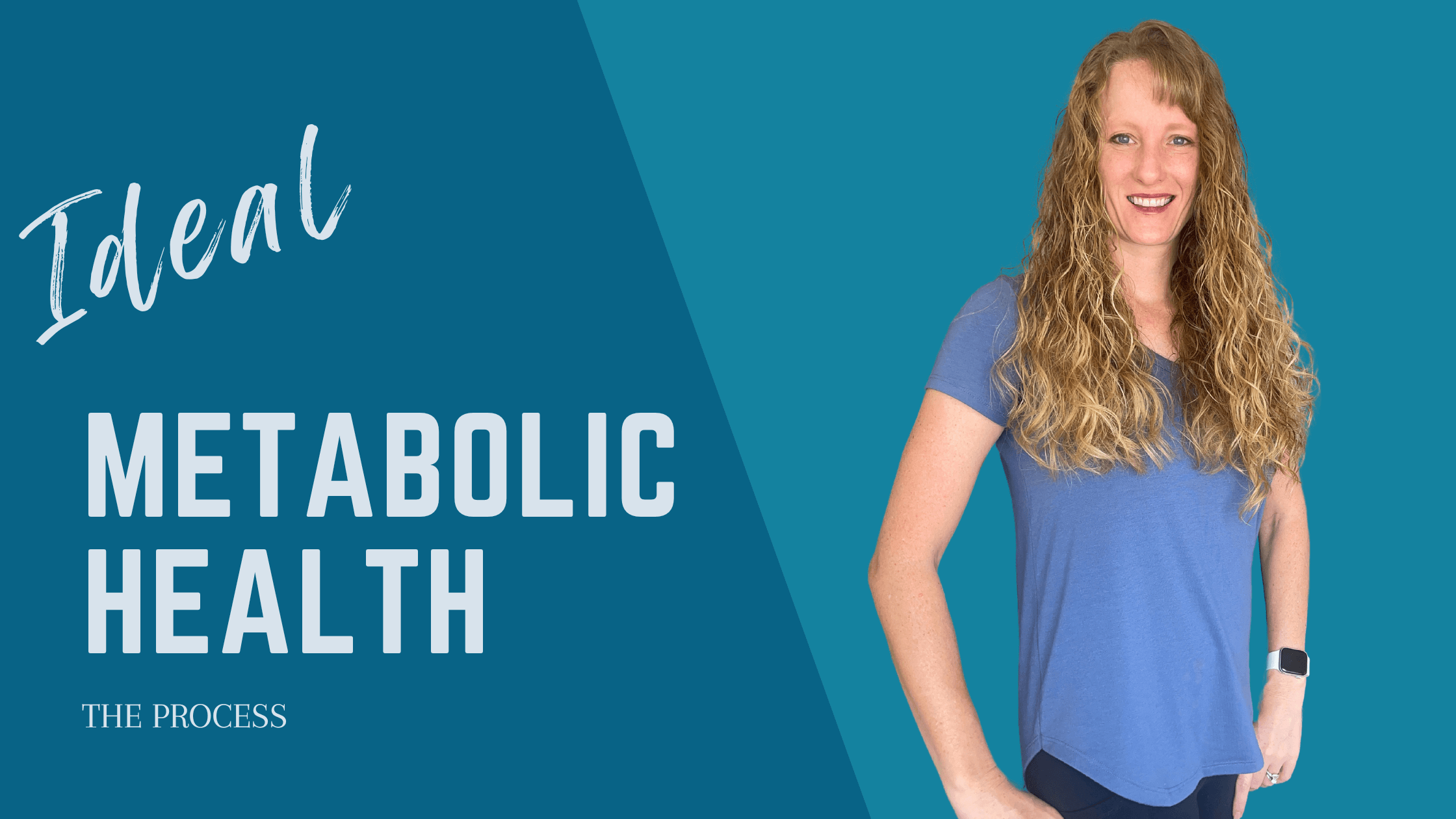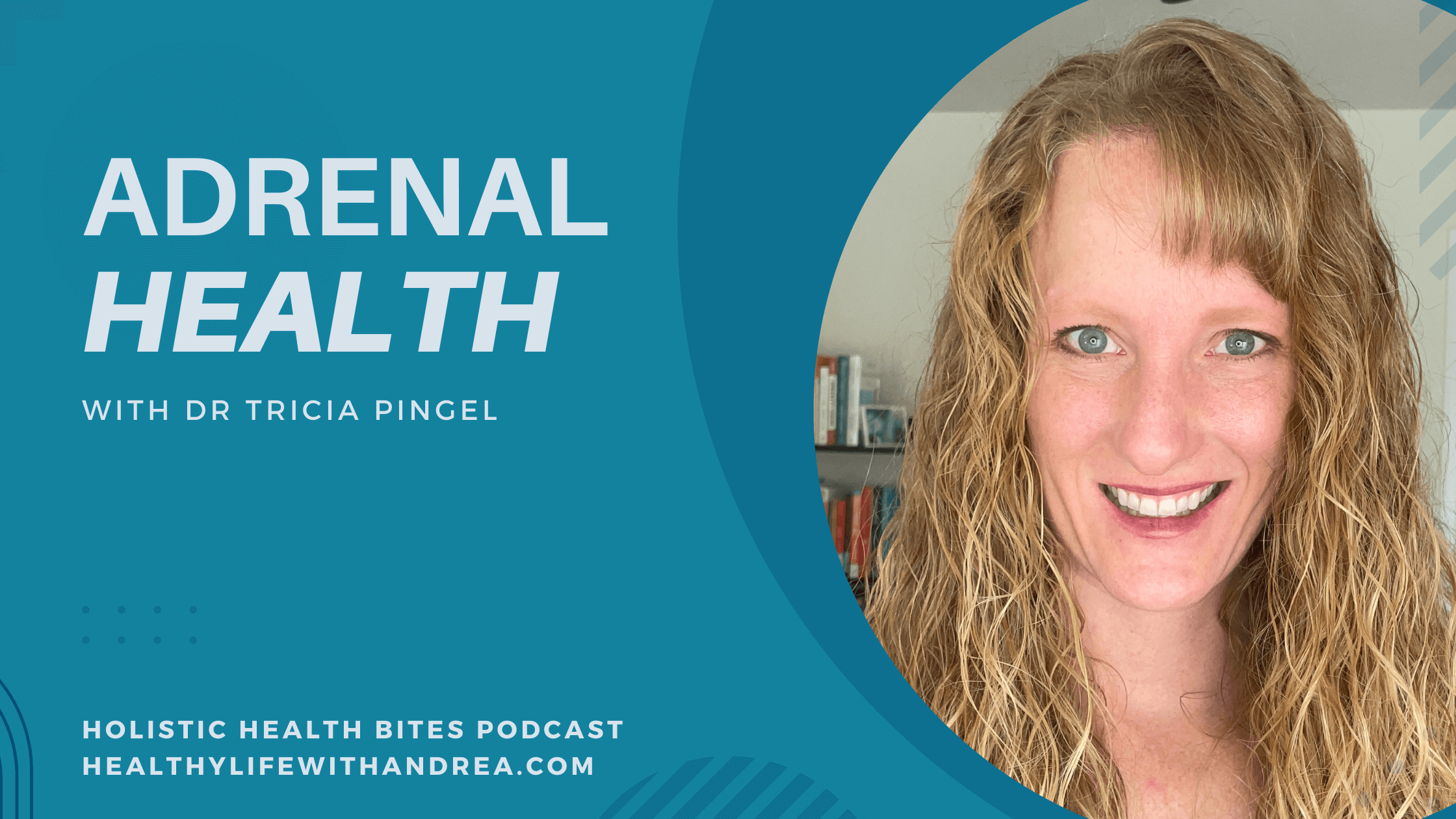
Achieving ideal metabolic health requires following a methodical, step-by-step process. The journey begins by focusing on liver, detoxification, and gut health. These systems are crucial for processing nutrients, filtering toxins, and supporting immune function. Symptoms like constipation, skin issues, and inflammation indicate that detox pathways may need attention. The initial phase involves cleansing the digestive tract with quality nutrients while avoiding stressors like alcohol and refined sugars. By doing so, you spark metabolic function and reduce inflammation.
Next, it's essential to "feed the metabolic fire" by adjusting food combinations and increasing nutrient intake, especially for those with a history of dieting. This phase focuses on muscle building, hormone regeneration, and overall tissue repair, supported by a protein-rich and diverse diet. While exercise can be moderately increased, the focus remains on healing and reducing stress.
The final stages involve fine-tuning body composition and fasting. Balancing blood sugar, insulin, and sex hormones prepare the body for targeted fat loss and muscle gain, while proper nutrient plans are introduced. Lastly, various types of fasting can help break food addictions, repair cells, and improve immune function, culminating in a sustainable, healthy metabolic state.
Read more...Next, it's essential to "feed the metabolic fire" by adjusting food combinations and increasing nutrient intake, especially for those with a history of dieting. This phase focuses on muscle building, hormone regeneration, and overall tissue repair, supported by a protein-rich and diverse diet. While exercise can be moderately increased, the focus remains on healing and reducing stress.
The final stages involve fine-tuning body composition and fasting. Balancing blood sugar, insulin, and sex hormones prepare the body for targeted fat loss and muscle gain, while proper nutrient plans are introduced. Lastly, various types of fasting can help break food addictions, repair cells, and improve immune function, culminating in a sustainable, healthy metabolic state.

On this episode of the Holistic Health Bites podcast, Dr. Tricia Pingel and I discussed the impact of stress on health, the importance of a holistic approach to health, and the significance of mindfulness and self-care in achieving long-term health goals. Dr Pingel also highlighted the negative health impacts of elevated cortisol levels and the interconnectedness of various bodily systems. Lastly, she emphasized the need to address the root causes of health problems and the importance of self-compassion and positive choices for health.
Read more...Functional Nutritionist Andrea Nicholson discusses our addiction to stress and the negative impact it has on our lives. Many of us have become accustomed to living in a constant state of stress, always feeling pressed for time and worrying about things that may never come to pass. Nicholson explains that stress has become like a drug for us, providing dopamine hits when we cross things off our to-do lists or achieve new goals. However, over time, these hits become less satisfying, and we need more and more stress to feel joyous and satisfied.
To break free from our addiction to stress, Nicholson recommends several steps. First, we need to recognize that we have a problem and acknowledge the unhealthy role stress plays in our lives. Second, we must learn to say "no" more often and prioritize our own well-being over constantly seeking to please others or prove how busy we are. Third, we need to find healthy coping mechanisms for stress, such as exercise, reading, or practicing mindfulness. Fourth, setting boundaries is crucial to prevent overwhelming ourselves with tasks that aren't necessary. Finally, practicing gratitude can help us appreciate what we have and find joy in the present moment.
By following these steps, we can work towards breaking our addiction to stress and living a healthier, more balanced life.
Read more...Functional Nutritionist Andrea Nicholson discusses the importance of restful downtime that goes beyond just sleep. She explains that activities like mindlessly watching TV or scrolling through social media, although not physically or mentally taxing, can still bombard us with stress, stimulation, and negative imagery. These activities actually increase cortisol levels and put our bodies into a fight or flight state, preventing true rest.
To make our downtime more restful, Nicholson suggests various activities such as spending time in nature without any electronic devices, reading a relaxing book, taking a bath in silence, stretching or doing light yoga, meditating or practicing deep breathing, and journaling. These practices can help lower cortisol levels, allowing our bodies to heal and ultimately leading to improved energy levels, productivity, and mood. Nicholson encourages listeners to incorporate at least one of these techniques into their daily routine to ensure their downtime is truly restful.
Read more...To make our downtime more restful, Nicholson suggests various activities such as spending time in nature without any electronic devices, reading a relaxing book, taking a bath in silence, stretching or doing light yoga, meditating or practicing deep breathing, and journaling. These practices can help lower cortisol levels, allowing our bodies to heal and ultimately leading to improved energy levels, productivity, and mood. Nicholson encourages listeners to incorporate at least one of these techniques into their daily routine to ensure their downtime is truly restful.
Functional Nutritionist Andrea Nicholson discusses the different sources of stress that may be affecting our lives and impeding our progress. While many of us are aware of stress, we often only consider a few factors that we have little control over. The post emphasizes the importance of recognizing and understanding all sources of stress to achieve desired outcomes.
The article covers a variety of stress-related topics, including different types of stress, sources of stress, and the effects of stress on various systems in the body. It also highlights the distinction between stress that we can control versus stress that is beyond our control. Additionally, the post introduces the Adrenal Stress Indicators test, which can provide insight into a person's specific response to stress.
Overall, "Is Stress Holding You Back?" offers valuable information for those seeking to identify and address the impact of stress on their lives and achieve better results.
Read more...















